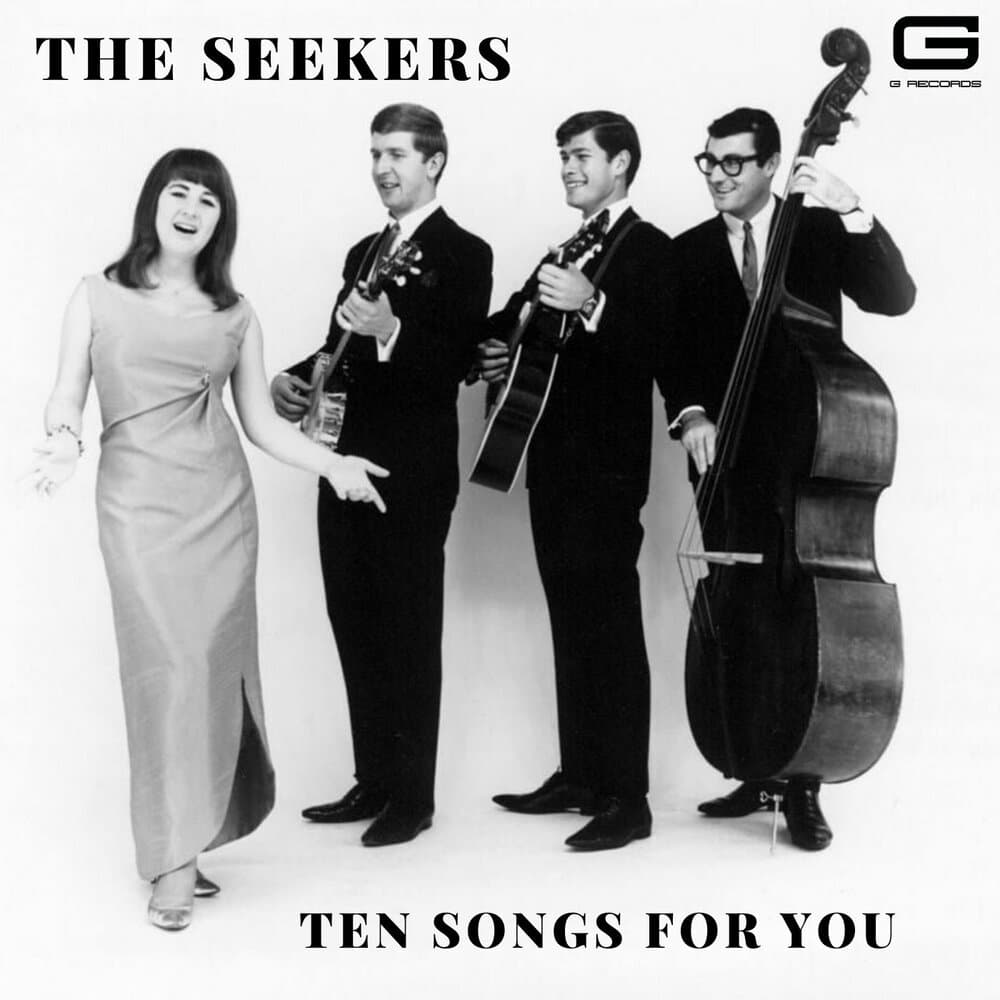
The Seekers’ “The Carnival Is Over”: A Melancholic Reflection on Love and Loss
“The Carnival Is Over” by The Seekers is a hauntingly beautiful ballad that captures the bittersweet essence of love and the passage of time. Released in 1965, this poignant song became one of the group’s most enduring hits, reaching the top of the charts in multiple countries, including Australia and the UK. With its rich harmonies and evocative lyrics, “The Carnival Is Over” showcases the unique blend of folk and pop that made The Seekers a beloved group during the 1960s.
Written by Tommy Moeller and Hector W. Lee, the song draws inspiration from the imagery of a carnival, which serves as a powerful metaphor for fleeting joy and the inevitability of change. The lyrics describe the end of a joyous occasion, encapsulating the feeling of loss that comes when something beautiful comes to an end. Lines like “Don’t look so sad / It’s not the end of the world” express a delicate balance between sorrow and acceptance, making the song relatable to anyone who has experienced the bittersweet nature of love.
Musically, “The Carnival Is Over” features The Seekers‘ signature harmonies, with lead singer Judith Durham delivering a heartfelt vocal performance that draws listeners in. The arrangement includes a combination of acoustic guitar, banjo, and string instruments, creating a warm and inviting sound that perfectly complements the song’s reflective lyrics. The instrumentation builds gradually, enhancing the emotional impact as the song progresses, leading to a powerful climax that lingers in the hearts of listeners.
Durham’s voice is the standout element of the track, characterized by its clarity and emotional depth. Her expressive delivery captures the essence of longing and nostalgia, making the listener feel the weight of the lyrics. The group’s harmonies further enrich the song, providing a sense of unity and warmth that reflects the themes of togetherness and shared experience.
Upon its release, “The Carnival Is Over” quickly became a commercial success, reaching number one on the UK Singles Chart and becoming one of The Seekers‘ signature songs. The song’s universal themes of love, loss, and acceptance resonated deeply with audiences, allowing it to remain relevant over the decades. Its success helped solidify The Seekers as one of the leading groups of the folk revival movement in the 1960s, alongside other iconic acts.
The legacy of “The Carnival Is Over” extends beyond its initial success; it has been covered by various artists and continues to be a staple in folk music repertoires. The song has a timeless quality that appeals to new generations of listeners, who find solace in its poignant message. Its use in films and television further cements its status as a cultural touchstone, reminding audiences of the universal experience of love and loss.
In conclusion, “The Carnival Is Over” by The Seekers is a masterful blend of poignant lyrics and heartfelt melodies that explore the complexities of love and the passage of time. Through its evocative imagery and stunning harmonies, the song invites listeners to reflect on their own experiences of joy and sorrow. The Seekers‘ ability to convey deep emotion through their music makes “The Carnival Is Over” a timeless classic that resonates as powerfully today as it did upon its release. Whether listened to in solitude or shared with loved ones, this song remains a beautiful reminder of the fragility of happiness and the enduring nature of love.